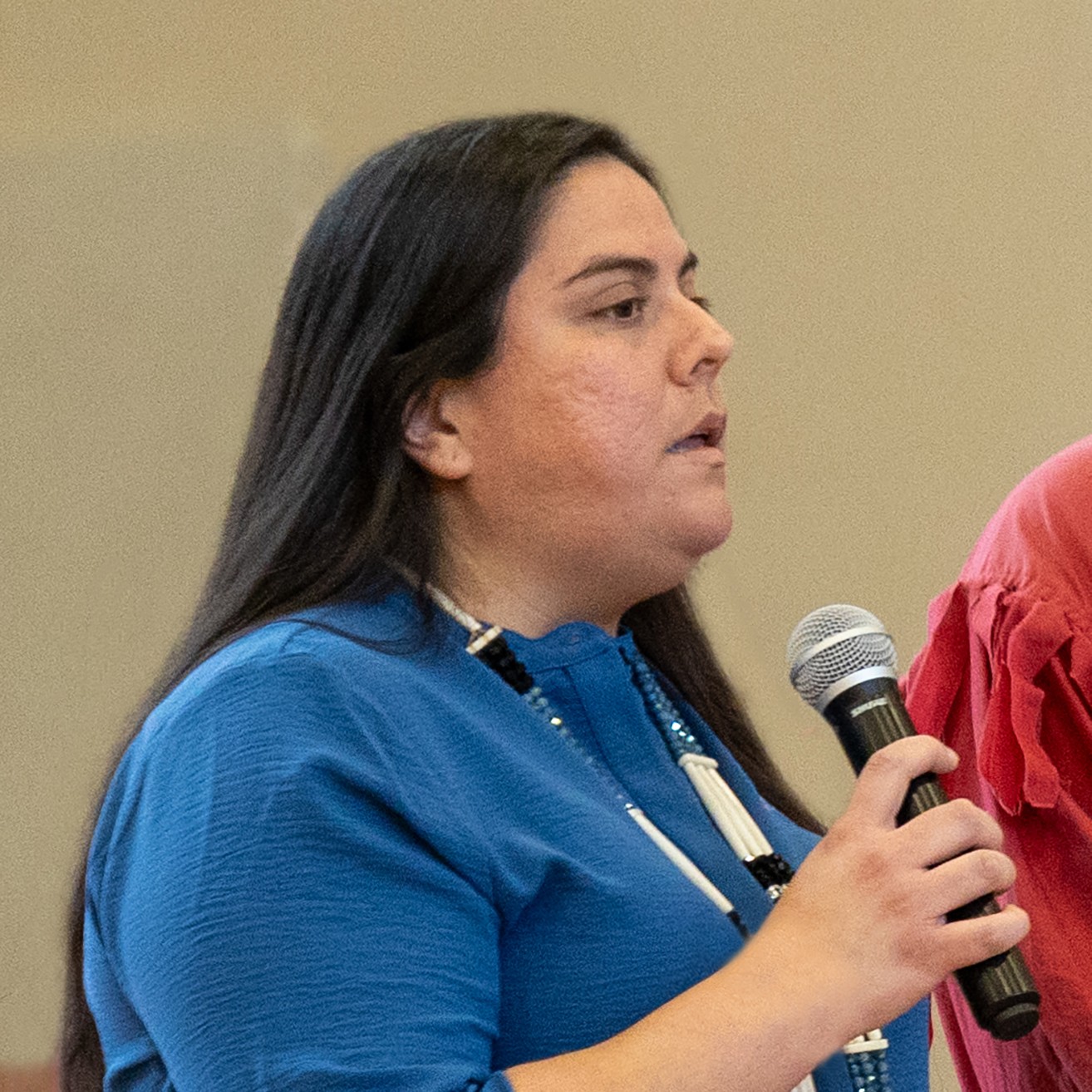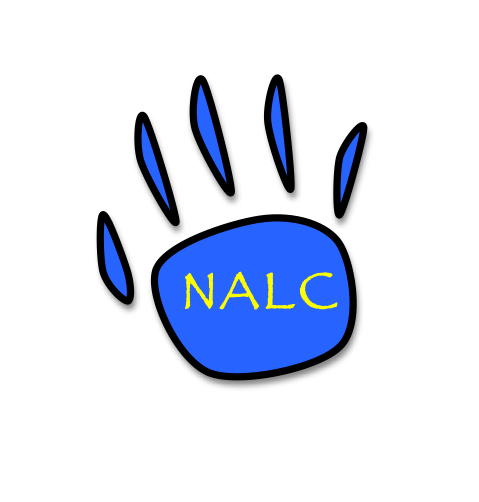
Developing Tunica-Biloxi Language and Culture Programming for Community Members
In 2011, the Tunica-Biloxi Tribe of Louisiana collaborated with Tulane University Interdisciplinary Program in Linguistics on the publication of Hichut’una Awachihk’unanahch, Fighting Eagles/ Takohku Tayakman, Deer and Turtle, a two-sided story book featuring stories told by late Chief and speaker of the Tunica language, Sesostrie Youchigant. This collaboration led to ongoing communication between Tulane Linguistics Program and tribal community members, and was the impetus to the Tribe’s development of the Language and Culture Revitalization Program (LCRP) in 2014. The development of LCRP under Tunica-Biloxi tribal government services marked ongoing language and culture programming within the tribal community. The collaborative partnership between LCRP and Tulane University continues today through the Tunica-Biloxi Language Working Group (also referred to as KYLY). The working group consists of tribal community members and LCRP staff, Tulane professor Judith Maxwell, linguistics students and alumni.
During the 1930s, continuing the 1880s-1910s language documentation by Albert Gatschet, James Owen Dorsey and John Swanton, tribal elders including Youchigant worked with linguists Mary Haas and Morris Swadesh to document stories, spoken language, social dance songs and customs known among the Tribe. Collectively, this documentation has been the basis of KYLY research and language pedagogical material development as well as the basis of LCRP curriculum development and programming content. Pierite will discuss the approaches LCRP has taken to implement these resources into language and culture programming.
Bio
Elisabeth Pierite Mora is a Cultural Specialist for the Tunica-Biloxi Language and Culture Revitalization Program (LCRP) where she is responsible for facilitating learning of the Tunica and Biloxi languages and culture. Elisabeth collaborates with other community members and academics in the Tunica-Biloxi Language Working Group (KYLY) developing foundational resources for the Tunica and Biloxi languages including linguistic texts, manuals, curricula and pedagogical materials. She participated in the Institute on Collaborative Language Research (CoLang) during 2016 and 2018, a bi-annual training workshop in field linguistics and language documentation for linguistic students, professors and members of indigenous language communities. Growing up in the Tunica, Biloxi and Choctaw traditions of her family, Elisabeth has spoken and sang in these languages from a young age.
